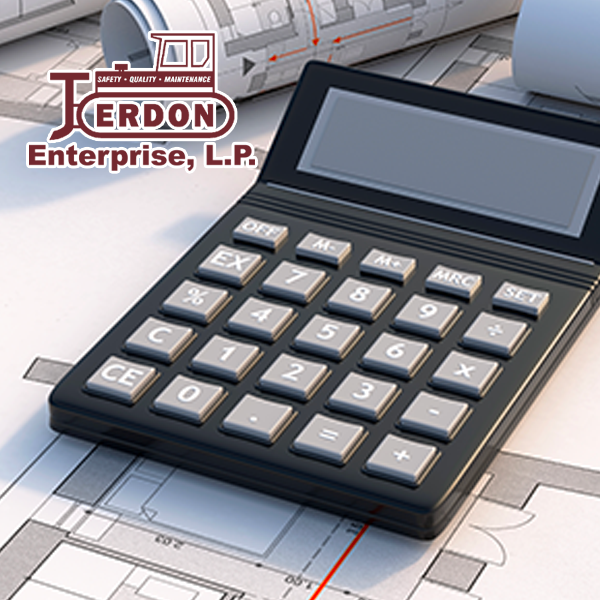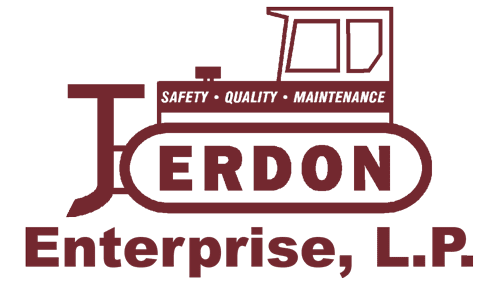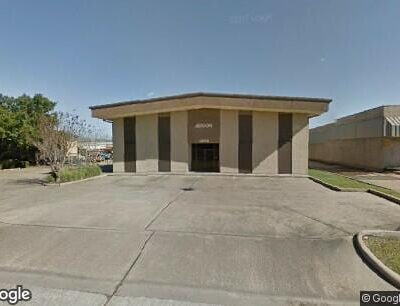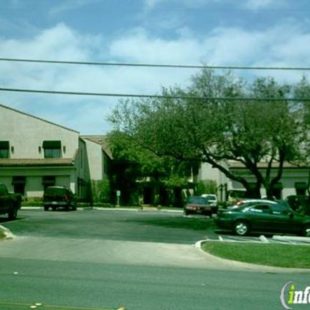Developers Adapting to Meet Pro-Formas in a Post-Pandemic World
Developers Adapting to Meet Pro-Formas in a Post-Pandemic World
- September 2, 2021
- Posted by: jerdonlp
- Category: Civil Engineering, Commercial Building, Communication, Construction, COVID-19, Engineering, General Construction, Pro-Formas, Projects, Uncategorized

A successful construction project always requires a solid foundation (both literally and figuratively). One important aspect of the beginning stages of a project is the pro-forma process management must complete, consisting of budgets and timelines that are forecasted in order to ensure the project will be profitable within the client’s model.
However, the course of the past year with the pandemic and resulting changes from it have raised an important question: how can developers meet their pro-formas in a post-pandemic world? What can they do when dramatic changes occur and completely shift plans? Along with the global pandemic, there were other situations that presented challenges, such as the blockage of the Suez Canal and the closure of US borders. And how can developers adapt when all of these problematic scenarios occurred within the same construction season?
Developers can’t create new pro-formas because clients rely on accurate and timely estimates and budgets for their projects, regardless of what inevitable events take place. Accurate estimates are critical because they enable clients to secure financing for a project, and up-front planning generally leads to good decision-making and avoiding potential concerns due to the support of those financial goals. If developers find themselves in an undesirable situation, there are several things they can do.
Communication
No matter how many years of experience a developer has, it is never enough to know exactly how to handle inescapable situations. However, years of experience should result in great communication skills and the ability to be flexible. Communication is very important because it impacts the entire project, regardless of hiccups that may occur. Management should recognize that they might not have the answers without checking other aspects of the project and economy first. The team handling purchasing, hiring and other logistics of the project should also feel comfortable communicating concerns and changes in information to other team members and their managers on a regular basis.
Having trust with a client also involves great communication skills. Developers and management should have discussed the needs of the client when the project was first presented to them and must continue to do that when curveballs are thrown and change the timeline of the project. Clients can then make developers aware of their side of the situation, the best path they feel is ideal to take, make changes to the project or budget, and more. Transparency in communication will ensure the client is aware of what is going on and have more trust in you.
Flexibility and Change
A strong outcome of communication is change, as both parties adapt to the problematic situation and their positions with the benefit of more information. In today’s construction market, everyone on the team and throughout the stages of the project needs to remain flexible and open to change. This helps maintain project schedules, cohere to budgets and avoid force majeure claims. And since most decisions are very time-sensitive, clear and efficient communication is key.
A culture of flexibility, communication and adaptation could easily be handled with a couple of phone calls. The architect might need to confirm code requirements would still be satisfied with the new material selected, or the client may need to authorize an upfront cost increase. But in the long run, the overall schedule and associated costs could reduce or even eliminate the potential impact.
Jerdon Enterprises, L.P. has over three decades of engineering and construction experience to provide the best results for your project. View our portfolio to check out projects we’ve been involved in, as well as our services to see what we can do for you. Have a question regarding employment opportunities or to discuss a potential project, contact us today!



